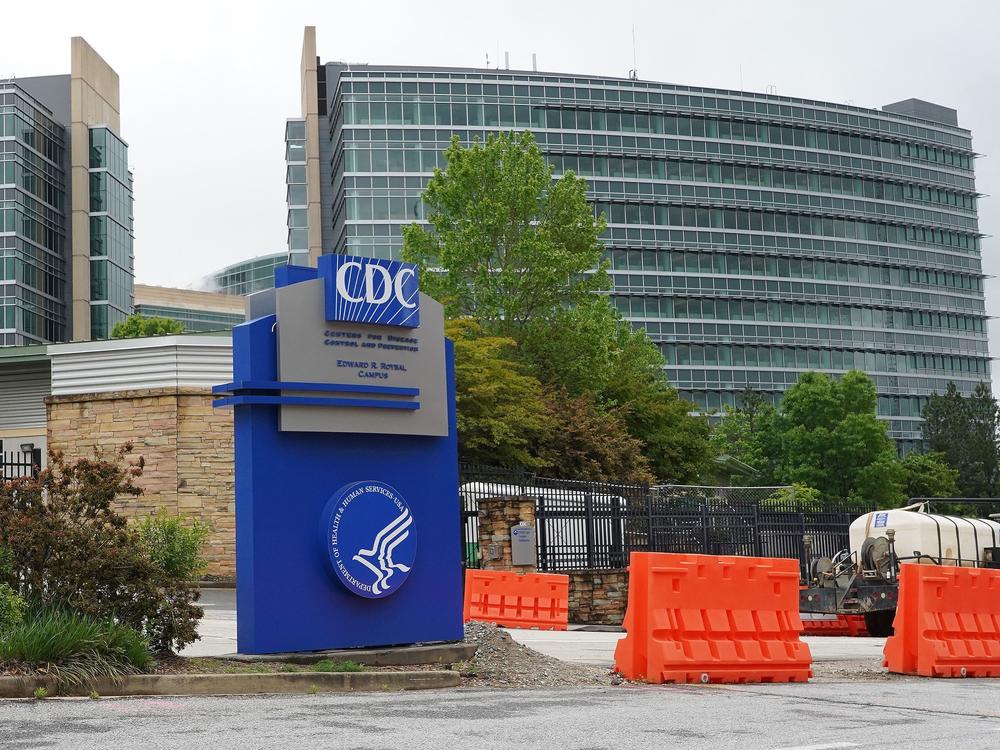Section Branding
Header Content
With new guidance, CDC ends test-to-stay for schools and relaxes COVID rules
Primary Content
With the coronavirus continuing to spread widely throughout the country, Americans are getting new advice from federal health officials on how to live with the virus.
The revised guidance – released by the Centers for Disease Control and Prevention on Thursday – lifts the requirement to quarantine if exposed to the virus, deemphasizes screening people with no symptoms and updates COVID-19 protocols in schools, eliminating a recommendation for test-to-stay after potential exposure.
"This guidance acknowledges that the pandemic is not over, but also helps us move to a point where COVID-19 no longer severely disrupts our daily lives," the CDC's Greta Massetti said in a statement. "We know that COVID 19 is here to stay," she added in comments during a briefing with reporters.
The update isn't necessarily a huge overhaul of the existing guidance, but it does represent an increasing focus on individuals making their own decisions about their level of risk and how they want to mitigate that risk, said Dr. Marcus Plescia, chief medical officer for the Association of State and Territorial Health Officials.
"That is consistent with where we are in the pandemic right now," he said. "I don't really think there are many state or local jurisdictions that are feeling they're going to need to start making mandates."
It also brings the recommendations for unvaccinated people in line with people who are fully vaccinated – an acknowledgment of the high levels of population immunity in the U.S., due to vaccination, past COVID-19 infections or both. "Based on the latest ... data, it's around 95% of the population," Massetti said, "And so it really makes the most sense to not differentiate," since many people have some protection against severe disease.
The changes could have some of the biggest impact in K-12 schools. The guidance eliminates the strategy known as "test-to-stay" – a schedule of testing for people that were exposed to the coronavirus but not up to date with their vaccinations – that allowed them to continue in-person learning, so long as they continued to test negative and showed no symptoms.
The test-to-stay protocol has been an alternative to quarantine for school, so now "the practice of handling exposures would involve masking rather than a quarantine," Massetti said.
Copyright 2022 NPR. To see more, visit https://www.npr.org.

